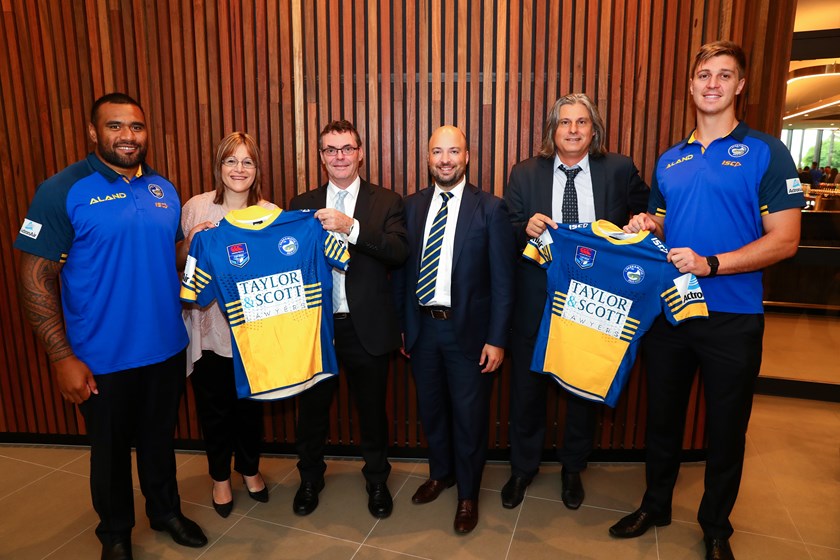
The breakdown of a relationship can be a time of intense emotional turmoil and even more so when there are children involved. Taylor & Scott’s accredited specialist in Family Law, Mark Youssef, answers what remains one of the most commonly asked questions in parenting disputes: when can your child decide which parent they live with?
The answer is not as straightforward as we would like it to be. In Australia, there is, in fact no minimum age for a child to be able to have a say about which parent they would like to live with. However, under the Family Law Act, a child’s views, though important, are not one of the primary considerations and may not be the deciding factor in reaching a resolution. The views of a child is only one of 16 factors the court must consider when deciding what parenting arrangements are in the child’s best interests.
The two primary considerations the court reviews closely are:
- The benefit for children of having a meaningful relationship with both parents; and
- Protecting the children from harm or being exposed to family violence
Whatever the age of the child, the court will decide how much weight it places on the child’s views based on an assessment of:
- the child’s maturity and his/her level of understanding
- whether the child’s view is well informed; and
- whether or not the child’s opinions are influenced by either parent.
As an example, if an 8-year old is assessed as demonstrating a high level of maturity and understanding of the conflict between his/her parents then the court may place greater weight on the child’s opinion. On the other hand, if a 12-year old wishes to live with her Dad because ‘he’s more fun and has no rules’, but Mum has previously been the primary caregiver, a court may decide the child lacks maturity or is being influenced by factors not in the child’s best interests, and give little weight to their wishes.
Would my child have to appear before the judge in court?
No. The most common way a child can express their thoughts and views is through an interview with a court appointed social worker, counsellor or other allied health providers. They can assist by interviewing and observing the child’s behaviour, interacting with their parents and siblings, if any. During this session, your child may also be asked questions to assess their feelings and at the same time gauge their maturity and level of understanding. The observation notes along with any recommendations are reported to the Court. The judge is not required to follow the recommendations in the report but they often place significant weight on it.
How can parents help?
To prevent any misgivings and resentment, it is important that parents, caregivers and supporting health providers avoid giving children the impression that their decisions will be final as soon as they reach a particular age. Attempts at influencing the child’s view or trying to arouse in them a feeling of bias against the other parent will not stand well in the court either. The judge will always look out for the child’s best interests and make a ruling accordingly.
Summary
While there is no fixed age for a child to express his/her opinion of which parent they wish to live with, it is only one of many factors that a court considers when making the final decision in a parenting dispute. Before both sides can commence any parenting proceedings, they are required to first attempt Family Dispute Resolution (“FDR”) with an accredited mediator. There are exceptions to the FDR requirement, including where there is a risk to the child, or there has been family violence or in cases of urgency.
The statistics show that many parents can reach parenting arrangements for their children without the intervention of lawyers or the court. However, some parents prefer to have the certainty and security of formal orders, whether by agreement (called consent orders) or decided by a judge. At Taylor & Scott, our family lawyers can advise you on all aspects of children and parenting matters. Each family is different, and we aim to achieve the best outcome for you and your children.
If you or someone you know needs expert advice from our specialist team of family lawyers, phone us on 1800 600 664 or complete the contact form on this page.
At Taylor & Scott “We Care For You”.


